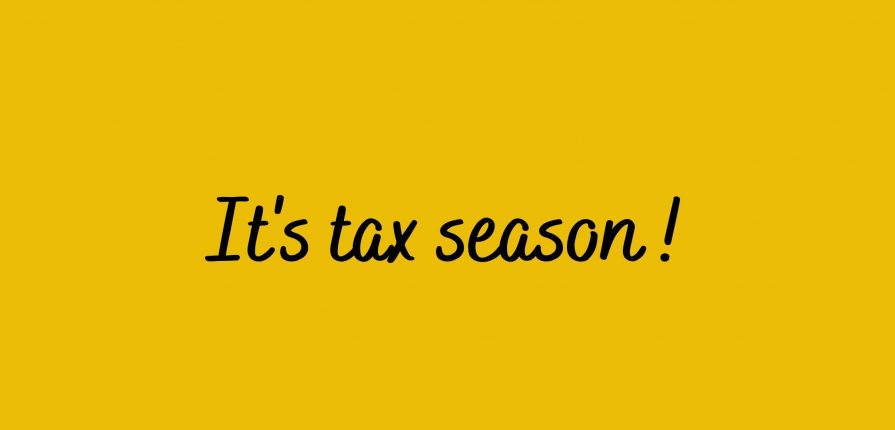The official start of the 2021 tax season was postponed until February 12. I know this year’s tax season will be unique due to the complexities resulting from the ongoing pandemic and the relief packages passed as a result.
As you know, Congress instated multiple tax policy changes this year. As a result, taxpayers are being highly encouraged to file electronically, since doing so will greatly reduce strain on the IRS.
This year, there are a few key points to note. First, economic impact payments will be adjusted on your tax returns. Secondly, we will see changes to individual tax refunds. Finally, we’ll consider taxation of unemployment benefits.
In 2020, eligible taxpayers received two rounds of payments that were legislated under the umbrella of Covid-19 relief packages. These payments are, in fact, tax credits based on your AGI reported in 2018 or 2019. This year, Form 1040 will have a new section to facilitate final payments for those who are due additional funds.
There are two ways you may claim eligibility. If you did not receive either of your 2020 payments, you may claim it on your tax return. If your 2020 AGI met the income threshold, while your previous AGI reported in 2018 and 2019 did not, you will qualify for an additional payment.
If your dependent(s) should have received a payment and did not, you will qualify for credit on this year’s tax return.
If you did not have a social security card in 2020, you may still be eligible for stimulus if you are part of a mixed-status household.
Keep in mind that any adjustments to your stimulus payments will only be made in your favor. You will not be taxed on stimulus payments, nor be required to repay any portion of them.
This year, you will have the option of using either your 2019 earnings OR your 2020 earnings when you are determining credit eligibility on your taxes. I will assist you in analyzing your potential credits based on each figure, then recommend the amount that results in the highest credit payment.
At this juncture, it is difficult to determine precisely how much individual taxpayers should expect to receive on their tax refunds. However, projections have been encouraging, suggesting that refunds this year will be higher than in 2019.
Did you begin receiving unemployment benefits in 2020? If you did, you will be required to pay taxes on all funds received. Unfortunately, many individuals and households claiming UI have not withheld the recommended 10%, which can result in a bill at filing time. If you believe this may apply to you, I will assist you in determining how much you owe, then establishing a repayment schedule that won’t unduly stress your household budget.
This year, the IRS and taxpayers will each be slogging through complicated new tax changes. I expect that the IRS will be both patient and flexible with taxpayers who are working to understand and follow the shifting tax laws.


